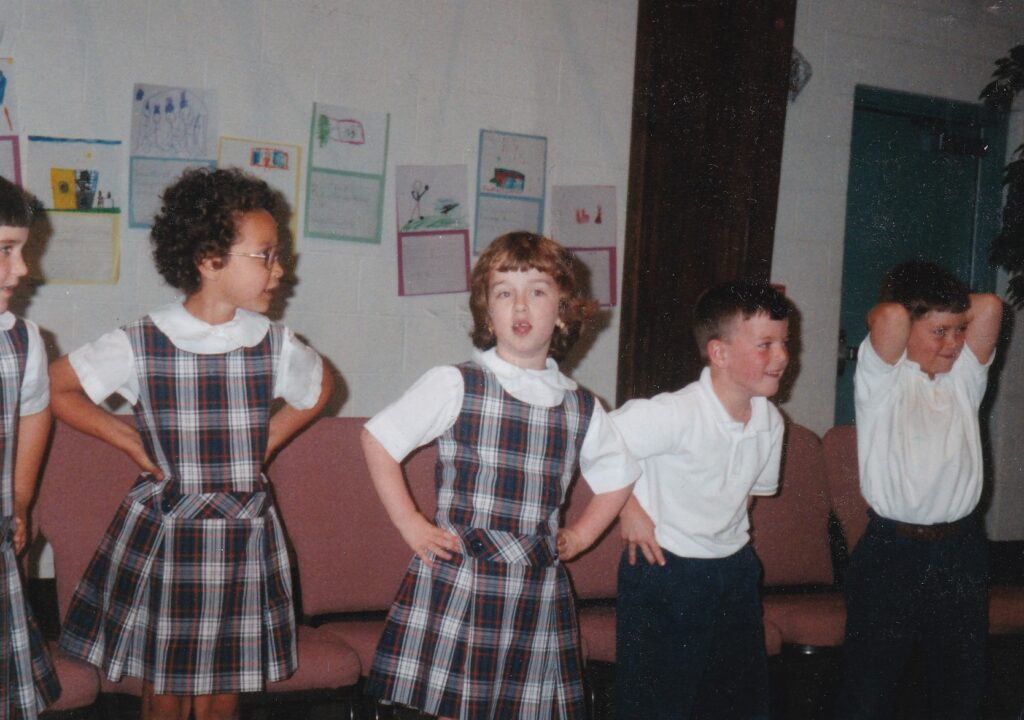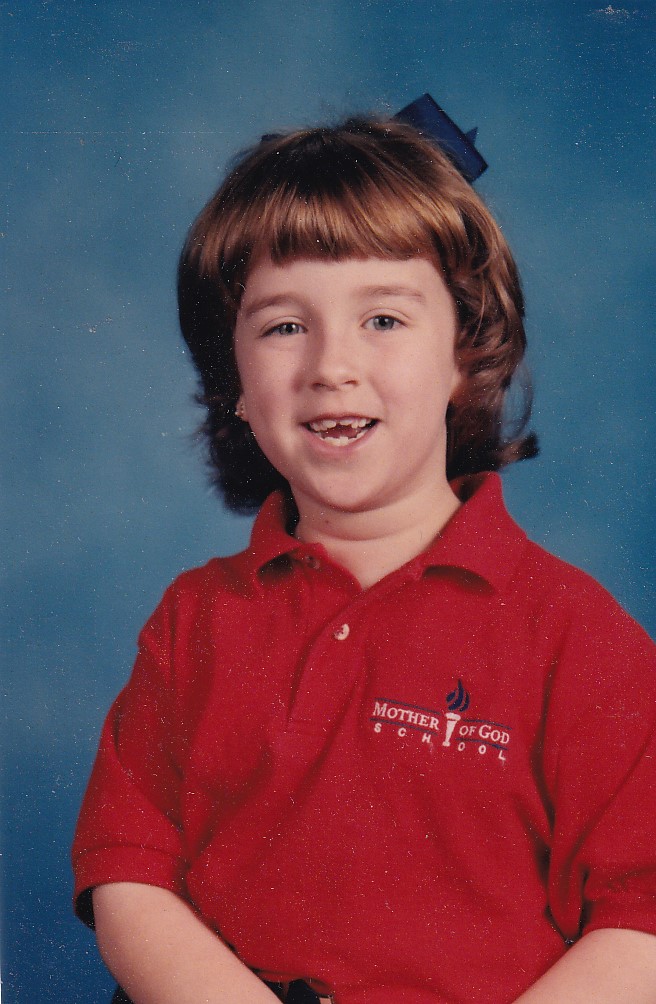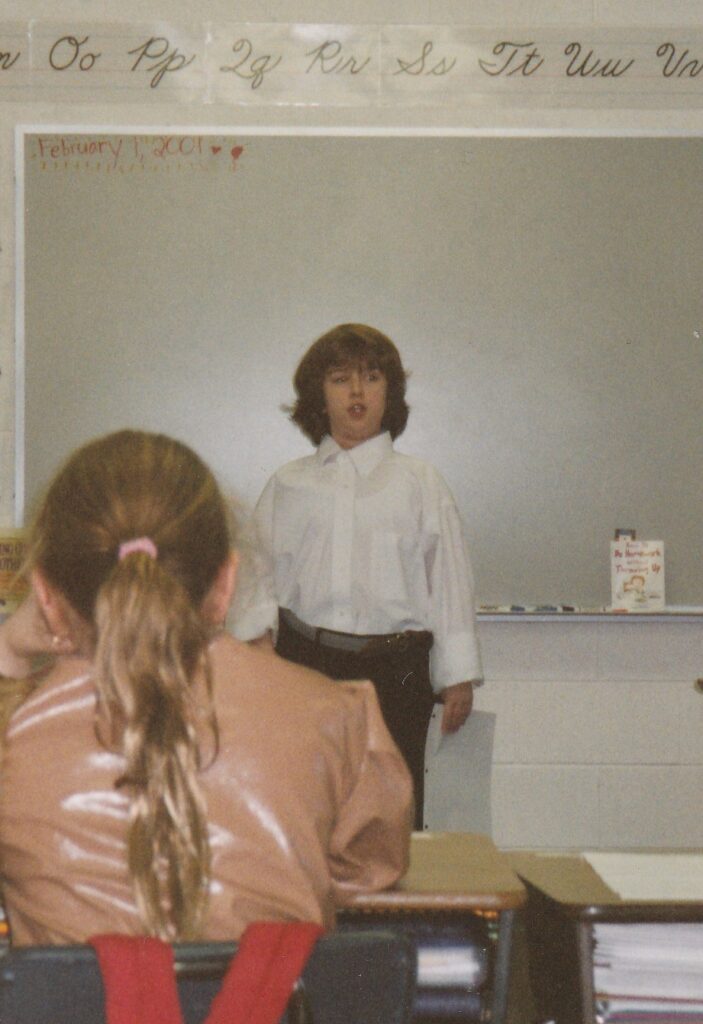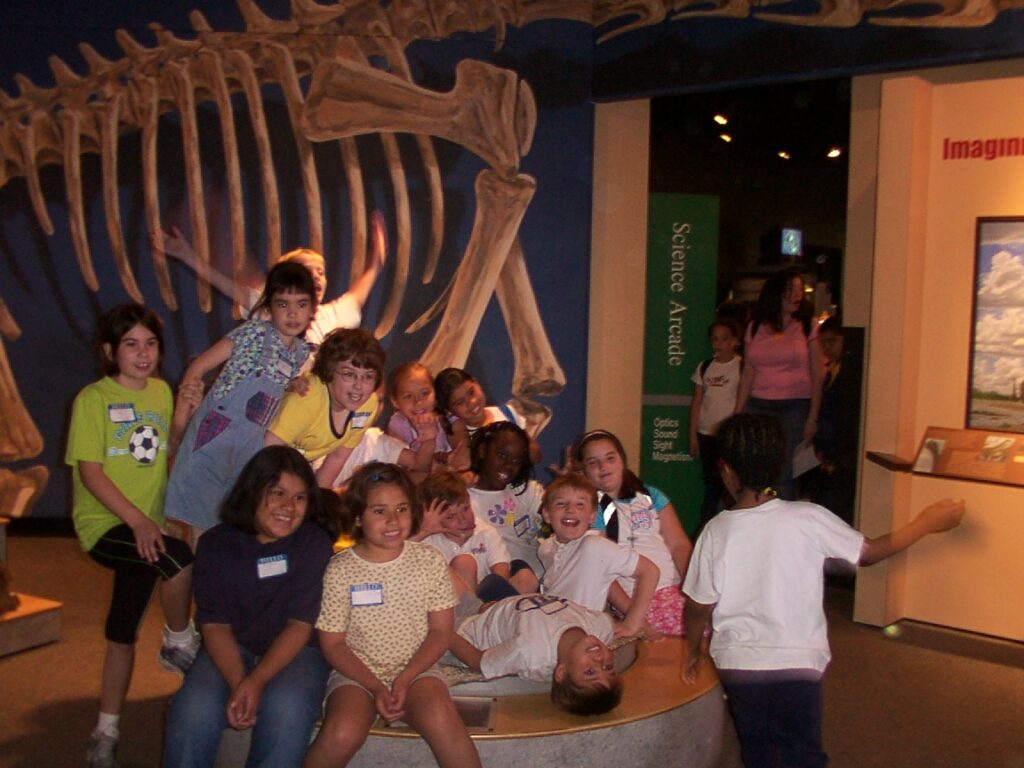By Helen Parshall, Lambda Legal Digital Director
It has been more than a week since the Supreme Court heard arguments in Mahmoud v. Taylor, a challenge brought by a group of Montgomery County, Maryland, parents claiming their religious rights were unconstitutionally burdened by not being allowed to opt their kids out of reading storybooks that are part of an LGBTQ+ inclusive literacy curriculum.
As a queer person born and raised in Montgomery County, this case feels personal to me. Unlike the students in the Montgomery County Public School system at the heart of this case, I received a private education filtered through a religious lens that never once mentioned LGBTQ+ people in my classrooms. And I know I missed a lot.
In 2022, MCPS officials added six LGBTQ+ inclusive books to its literacy curriculum for pre-K through fifth grade — one book for each grade level. MCPS Communications Director Jessica Baxter told Bethesda Magazine that these chosen stories featured “joyful stories of folks who happen to be part of the LGBTQ+ community.” Their goal was to ensure that the storybooks reflected the full diversity of the school community.
Lambda Legal submitted an amicus brief, joined by the Leadership Conference on Civil and Human Rights, PFLAG Inc., and the National Women’s Law Center to the U.S. Supreme Court in Mahmoud v. Taylor, urging the Court to reject this challenge.
Our brief highlights extensive research showing that inclusive curricula, like that of MCPS, help promote student safety, foster academic success, and develop respect and understanding for people with different identities.
The brief underscores how LGBTQ+ youth and children with LGBTQ+ family members face unique vulnerabilities in school settings, and it argues that inclusive educational materials — such as age-appropriate storybooks featuring diverse families and identities — are essential for creating supportive and welcoming learning environments.
I can’t help but wonder how my life would be different had I seen more LGBTQ+ stories sooner, in the model that MCPS has created for its students. In my Montgomery County Catholic school lessons, our stories — though rich in history and driven by lessons about care and compassion for our neighbors — left out LGBTQ+ people from that pedagogy.
And while those 13 years of education helped indelibly shape who I am, they didn’t allow me to see the full totality of who I could be. I had very few examples of LGBTQ+ media beyond mainstream film hits like The Birdcage, Brokeback Mountain, or the 2005 movie adaptation of the musical Rent. And most of these stories were tragedies. They didn’t offer a lot of hope or possibility models for a young person trying to find themselves.
As a result, I didn’t come out to myself — let alone my loved ones — until I was 20. My best friend likes to joke that they knew immediately when they met me that I was more than just an interested, supportive ally and learner. But without the space to see a variety of people like me, I didn’t know that it was possible for too long.
Research makes it clear that all students benefit from a school climate that promotes acceptance and respect. Our brief demonstrates how inclusive curricula — including these storybooks that MCPS wants to teach — advance a compelling interest in ensuring a safe, supportive school environment where all students can thrive, consistent with public schools’ traditional role in preparing students to navigate our diverse society.
For many LGBTQ+ youth, reading a book with queer characters is the first time we truly see ourselves and our families. These stories have power, helping young people embrace our authentic selves, our loved ones, and feel less alone.
To put it simply: Safety and inclusion for all students, regardless of their identities, means no anti-LGBTQ+ exceptions.




